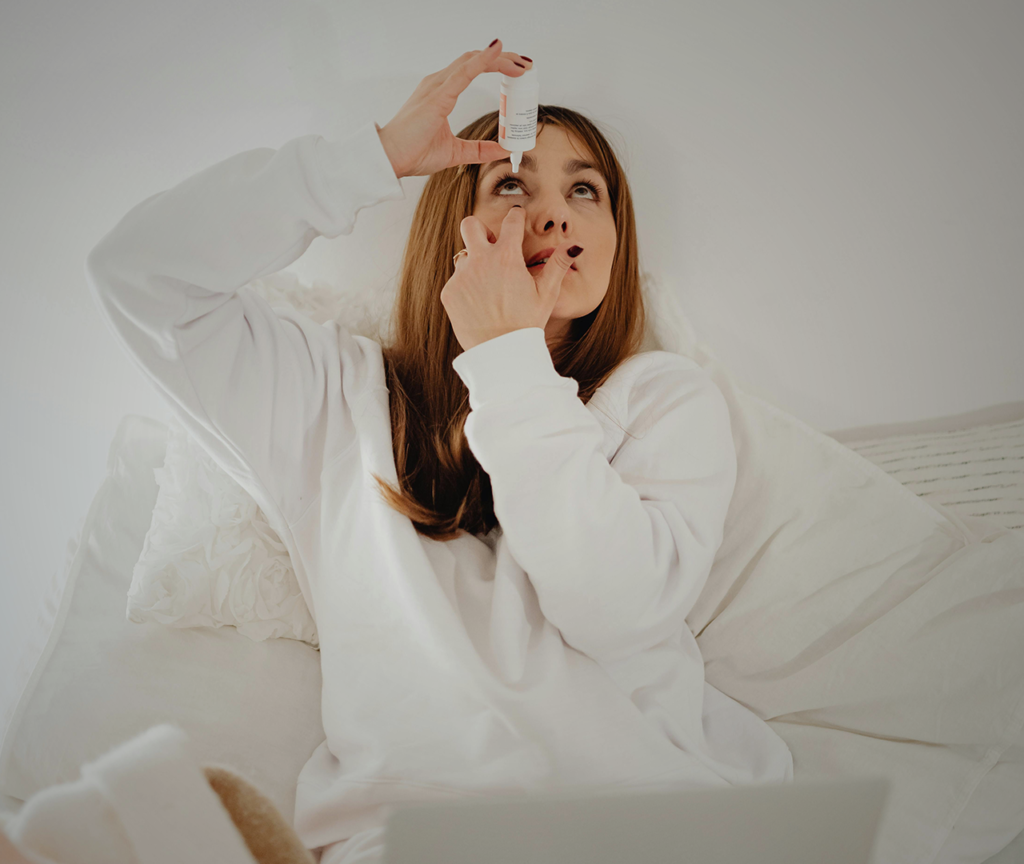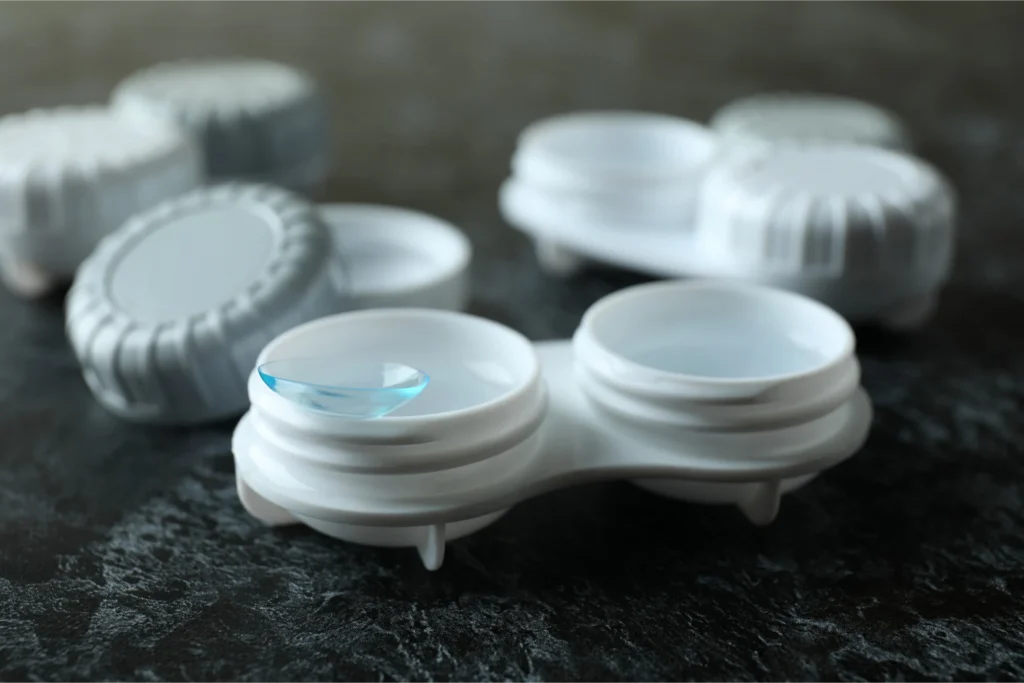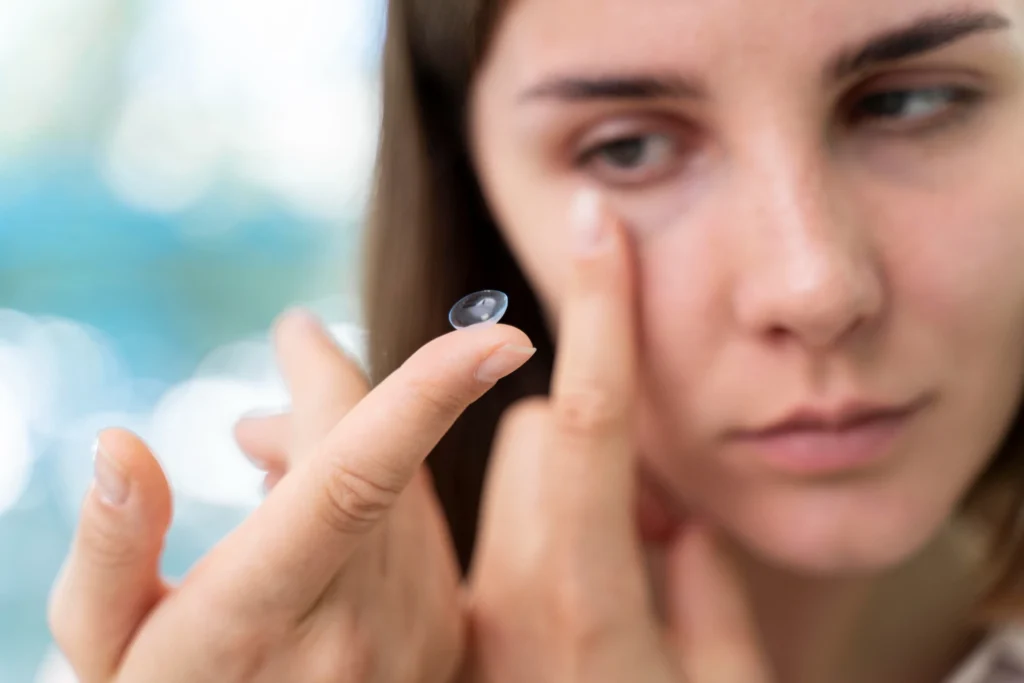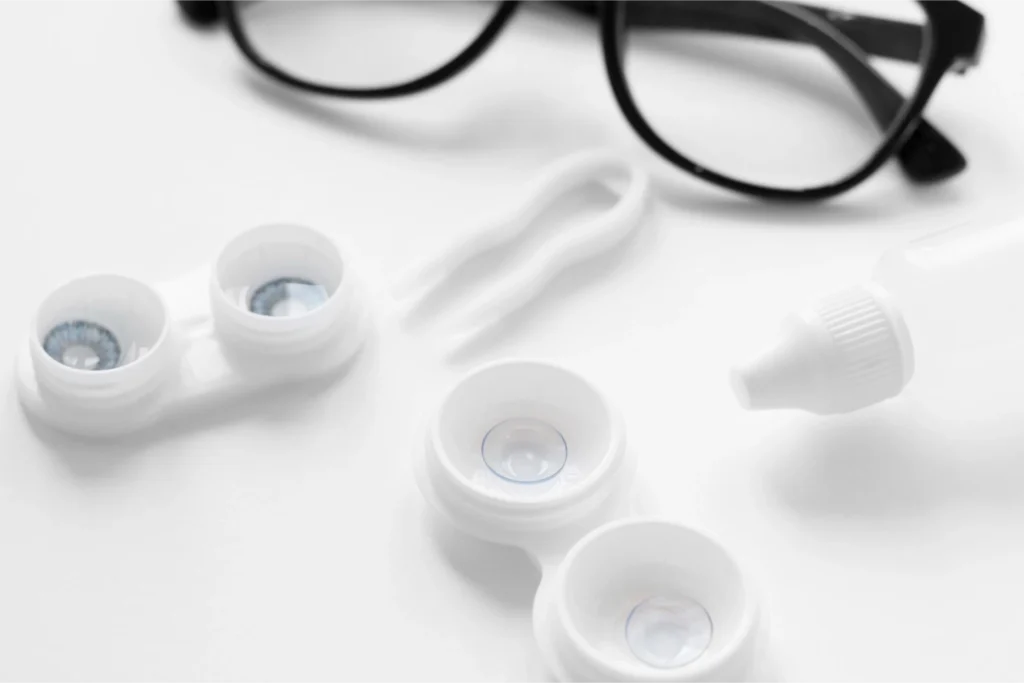Eye allergies, or allergic conjunctivitis, are a prevalent condition affecting people of all ages. These allergies result from an immune system reaction to allergens, causing discomfort and irritation in the eyes. Symptoms like redness, itching, swelling, and watery eyes can significantly disrupt daily activities. Fortunately, numerous home remedies, lifestyle adjustments, and over-the-counter options can help alleviate these symptoms.
This detailed guide explores eye allergy treatment at home, causes, remedies, and signs indicating when professional help is needed.
Understanding Eye Allergies
What Are Eye Allergies?
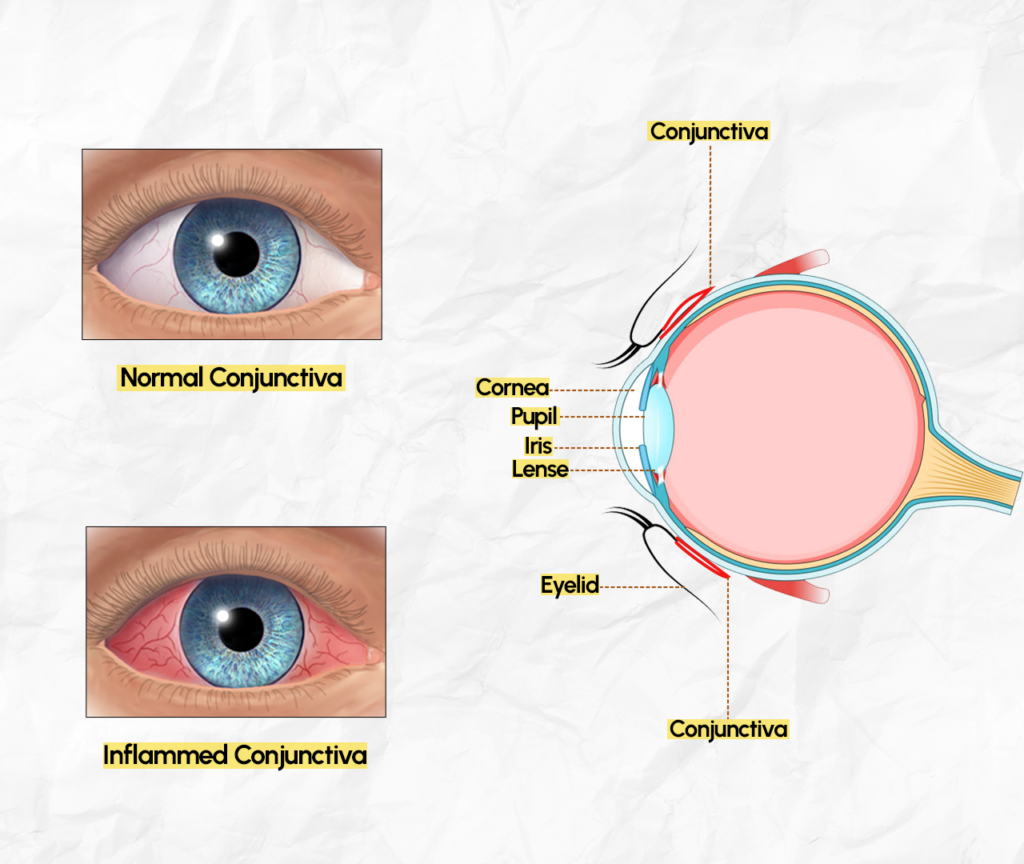
Eye allergies occur when the immune system overreacts to allergens such as pollen, dust mites, pet dander, or mold. This response releases histamines, which trigger inflammation in the conjunctiva, the clear tissue covering the whites of your eyes and the inner eyelids. Allergies can affect one or both eyes and often occur alongside nasal allergy symptoms like sneezing or a runny nose.
What Causes Red, Itchy Eyes?
Common triggers for allergy eye problems include:
- Outdoor Allergens: Pollen from trees, grasses, and weeds is a major culprit, especially during spring and fall seasons.
- Indoor Allergens: Dust mites, mold spores, and pet dander can accumulate in homes and worsen symptoms.
- Irritants: Smoke, pollution, strong fragrances, and certain chemicals can irritate sensitive eyes.
Prolonged exposure to these allergens can lead to bloodshot eye allergies, a condition where the eyes appear red and inflamed due to dilated blood vessels.
Eye Allergy Symptoms
Before diving into treatment options, it’s essential to recognize the symptoms of eye allergies, which include:
- Redness and swelling of the eyes or eyelids
- Persistent itching or burning sensation
- Watery or teary eyes
- Sensitivity to light
- Grittiness or a sensation of something being in the eye
If you’re wondering what to do if I have allergies in my eyes, the first step is understanding these symptoms and identifying potential triggers.
Home Remedies for Eye Allergies
For mild cases of eye allergies, home treatments can provide significant relief. These remedies are cost-effective, easy to implement, and generally free of side effects.
1. Cold Compress

Applying a cold compress is one of the most effective ways to reduce swelling, redness, and itching caused by eye allergies. The cold temperature constricts blood vessels and alleviates inflammation.
Scientific Evidence
The application of cold compresses can significantly reduce symptoms of ocular irritation by decreasing inflammation and stabilizing mast cells, which release histamines during allergic reactions. Histamine release is a primary cause of itching and swelling in eye allergies. By applying a cold compress, the inflammatory response is mitigated, offering relief. For more details, visit Verywell Health’s guide on cold compresses.
How to Use:
- Soak a clean washcloth in cold water or refrigerate it for a few minutes.
- Wring out the excess water and place the cloth over your closed eyes.
- Leave it on for 10–15 minutes and repeat as needed throughout the day.
Caution:
- Sensitive Skin: If you have sensitive or extremely dry skin, prolonged exposure to cold may cause irritation or discomfort. Consider wrapping the cloth in another layer to reduce direct exposure.
- Chronic Eye Conditions: If you have pre-existing conditions like glaucoma or severe dry eye syndrome, consult your doctor before using a cold compress.
- Signs of Infection: Avoid using a cold compress if there are signs of an eye infection, such as discharge or extreme redness, as this might worsen the condition.
- Temperature Control: Ensure the compress is not too cold to avoid discomfort or skin damage. Refrigerated clothes are ideal, but avoid ice packs directly on the skin without protection.
2. Saline Eye Rinse
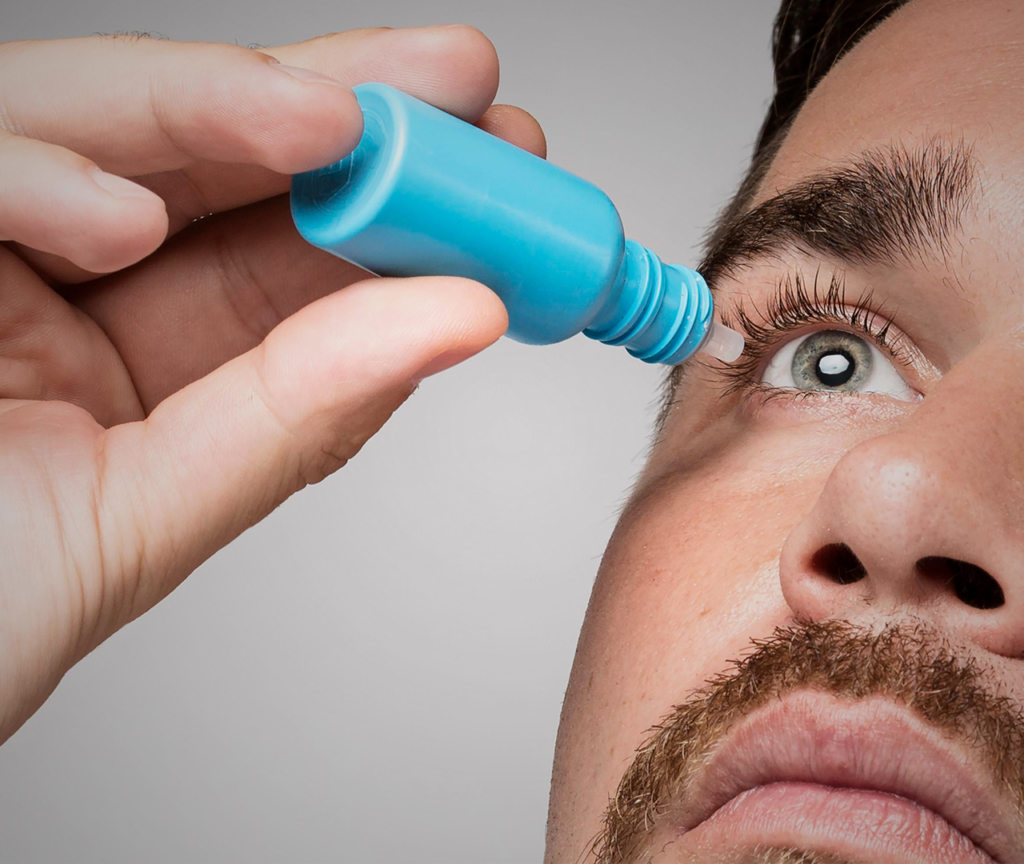
Rinsing your eyes with a saline solution can effectively remove allergens like pollen and dust, providing immediate relief from irritation. Saline is gentle and soothes the eyes without harmful side effects, making it a commonly recommended remedy for eye allergies.
How to Use:
- Prepare the Solution: Use a pre-packaged sterile saline solution or create your own by dissolving 1/4 teaspoon of non-iodized salt in 1 cup of boiled water (cooled to room temperature).
- Application: Gently rinse your eyes using a clean dropper or an eye cup, ensuring the solution flows across the eye surface.
- Frequency: Repeat this process 2–3 times a day or as needed to relieve symptoms.
Caution:
- Sterility: Always use sterile equipment and freshly prepared solutions to prevent infections.
- Consultation: If symptoms persist or worsen, consult an eye care professional.
3. Cucumber Slices
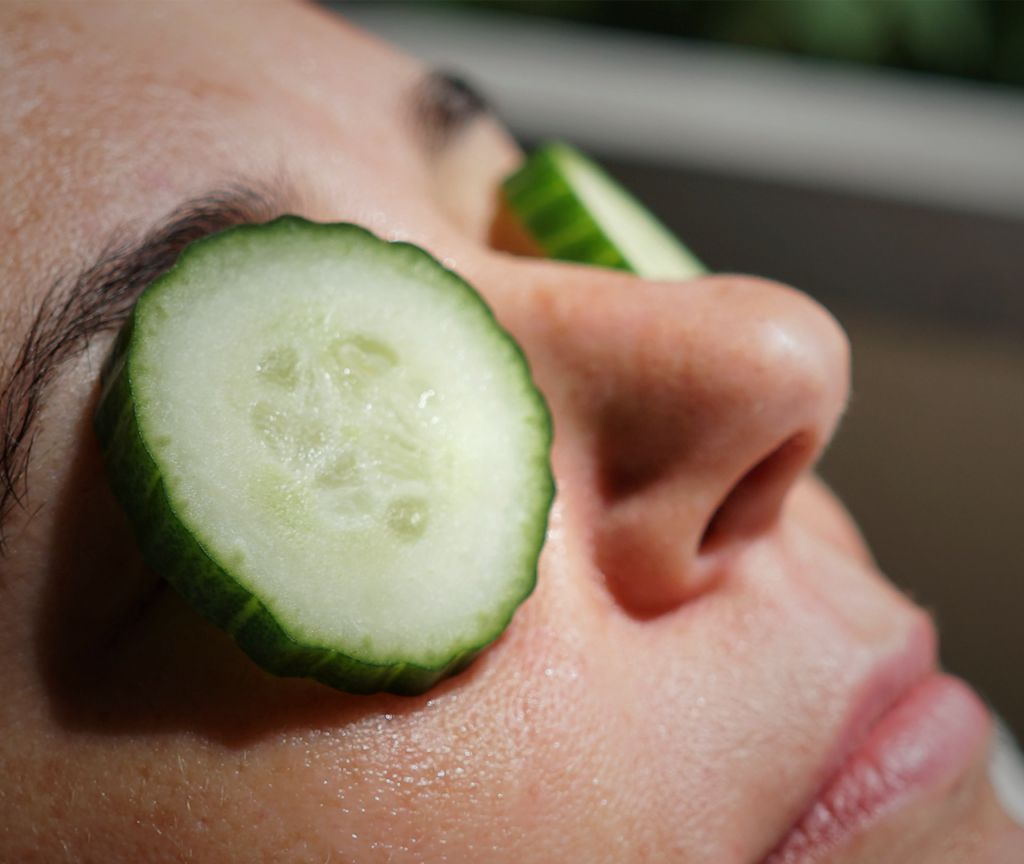
Cucumbers have natural anti-inflammatory properties that can help reduce puffiness and soothe irritation.
How to Use:
- Slice a chilled cucumber into thin rounds.
- Place the slices on your closed eyelids for 10–15 minutes.
- Repeat twice daily for best results.
4. Green Tea Bags
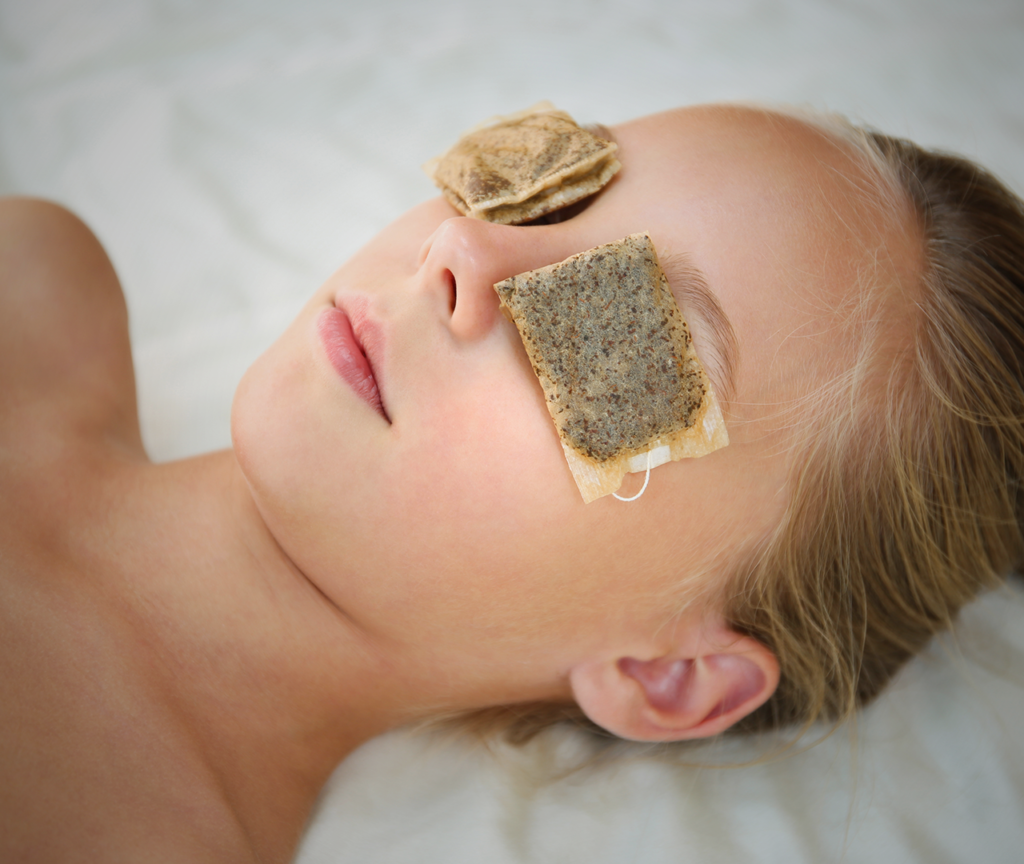
Green tea contains antioxidants and anti-inflammatory compounds that can relieve itching and swelling.
How to Use:
- Steep two green tea bags in hot water for a few minutes, then refrigerate until cool.
- Place the cooled tea bags over your closed eyes for 10 minutes.
5. Honey and Warm Water Wash
Honey is known for its antibacterial and soothing properties, making it an effective natural remedy for eye allergies.
How to Use:
- Mix one teaspoon of honey with half a cup of warm, boiled water.
- Use a clean cotton pad to gently wipe the mixture around your eyes.
6. Cold Milk Compress
Cold milk can act as a natural coolant, providing relief from itching and redness.
How to Use:
- Dip a cotton ball in cold milk and dab it gently around your eyes.
- Leave it on for 5–10 minutes before rinsing with cool water.
7. Aloe Vera Gel
Aloe vera is renowned for its soothing properties, making it an excellent choice for calming inflamed or itchy eyes.
How to Use:
- Apply a small amount of pure aloe vera gel around your eyes (avoid direct contact with the eyes).
- Let it sit for 10 minutes, then rinse off with cool water.
8. Humidifiers
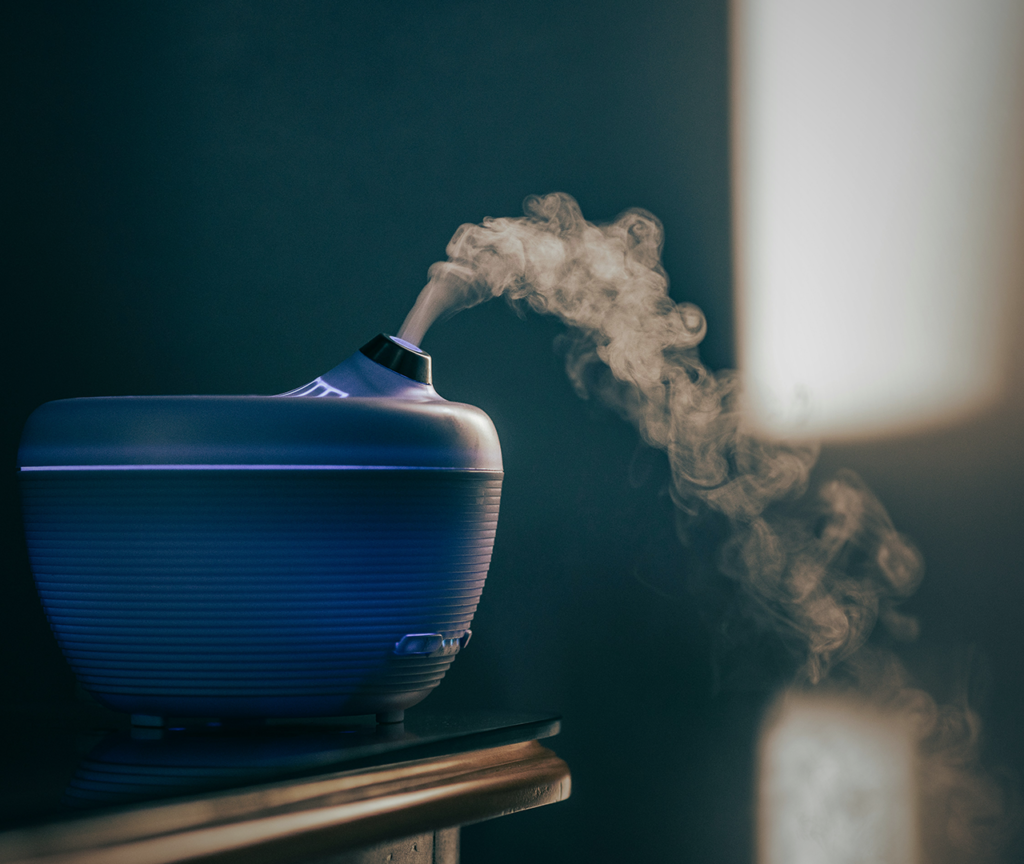
Dry indoor air can exacerbate eye allergies. Using a humidifier helps maintain optimal humidity levels, preventing dryness and irritation.
How to Use:
- Place a humidifier in your bedroom or living area.
- Clean the device regularly to prevent mold or bacteria buildup.
Always patch-test any remedy on a small area of skin (e.g., your wrist) to check for allergies before applying it near your eyes. If you experience discomfort or worsening symptoms, discontinue the remedy immediately and seek medical help.
Over-the-Counter Options for Eye Allergies
When home remedies are not enough, over-the-counter (OTC) treatments can provide additional relief. Here are some options:
1. Antihistamine Eye Drops
These drops block histamines, the chemicals responsible for allergy symptoms. They work quickly to reduce redness, itching, and swelling.
2. Artificial Tears
Artificial tears lubricate the eyes and help flush out allergens. Look for preservative-free options if you plan to use them frequently.
3. Oral Antihistamines
Oral antihistamines are ideal for managing systemic allergy symptoms, including eye-related issues. These medications can reduce itchiness and redness effectively.
Lifestyle Changes to Reduce Eye Allergies
Preventing exposure to allergens is key to minimizing symptoms. Simple lifestyle adjustments can go a long way in managing allergy eye problems:
- Keep Windows Closed: Use air conditioning during high-pollen seasons to prevent allergens from entering your home.
- Use an Air Purifier: An air purifier with a HEPA filter can trap allergens like pollen and dust.
- Practice Good Hygiene: Wash your hands frequently and avoid touching or rubbing your eyes.
- Bedding Precautions: Use allergen-proof pillow and mattress covers to reduce exposure to dust mites.
- Remove Contact Lenses: Switch to glasses during allergy season, as contacts can trap allergens.
Signs You Should See an Eye Doctor
While most cases of eye allergies can be managed at home, certain symptoms may require professional evaluation. See an allergist if you experience:
- Persistent symptoms despite using home remedies and OTC products
- Severe pain, swelling, or vision changes
- Yellow or green eye discharge (indicative of an infection)
- Difficulty identifying or avoiding triggers
An allergist can perform tests to determine specific triggers and recommend advanced treatments such as prescription medications or immunotherapy.
Conclusion
Eye allergies can be bothersome, but they are manageable with the right combination of home remedies, OTC treatments, and preventive measures. From cold compresses to antihistamine eye drops, there are numerous ways to address eye allergy symptoms effectively. Remember to maintain a clean and allergen-free environment to minimize triggers.
If you’ve dealt with eye allergies, we’d love to hear your tips and tricks for managing symptoms! Share your experiences in the comments below and let us know which remedies worked best for you.
Experience Exceptional Eye Care At Vision Gallery, Katy!
From comprehensive eye exams to advanced treatments, Vision Gallery is here to ensure your vision stays sharp and healthy. Our expert team offers personalized solutions for all your eye care needs. Don’t wait—schedule your appointment today and see the difference personalized care makes!
